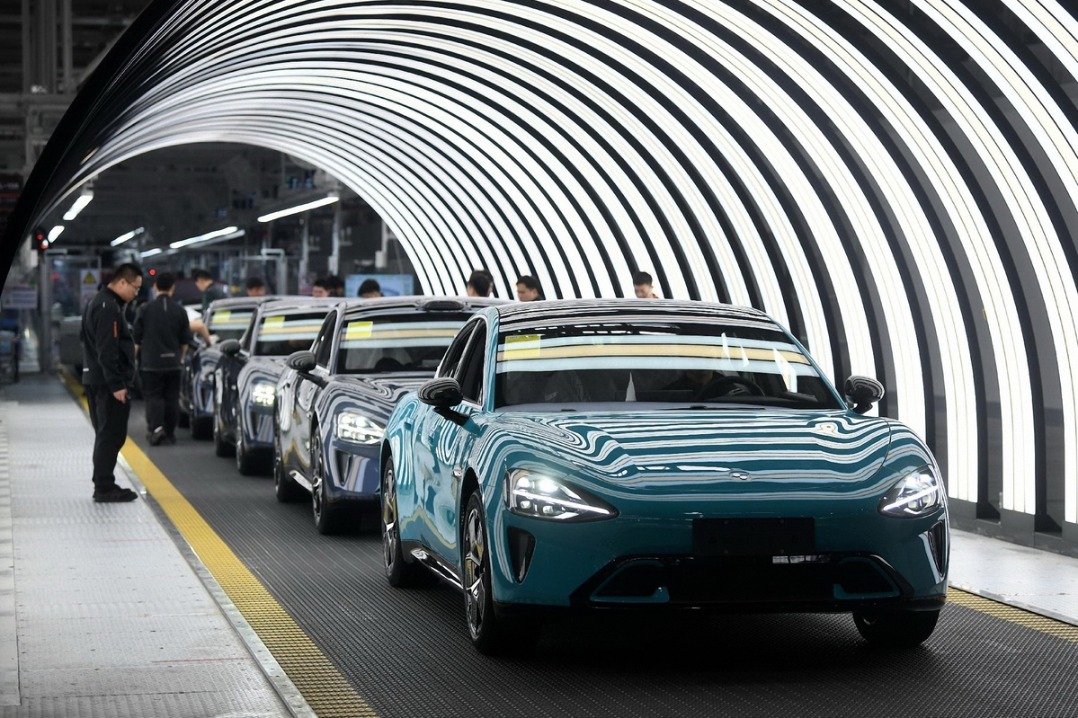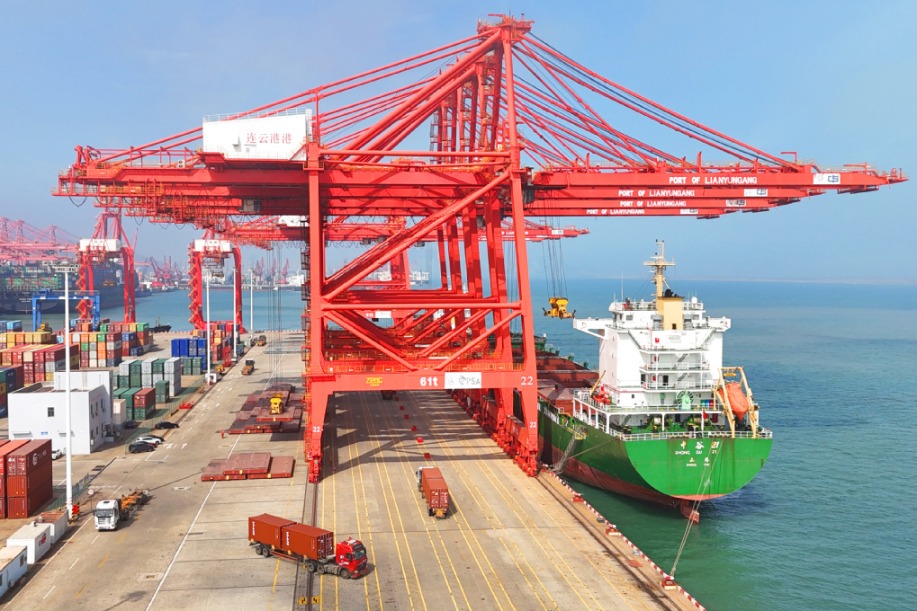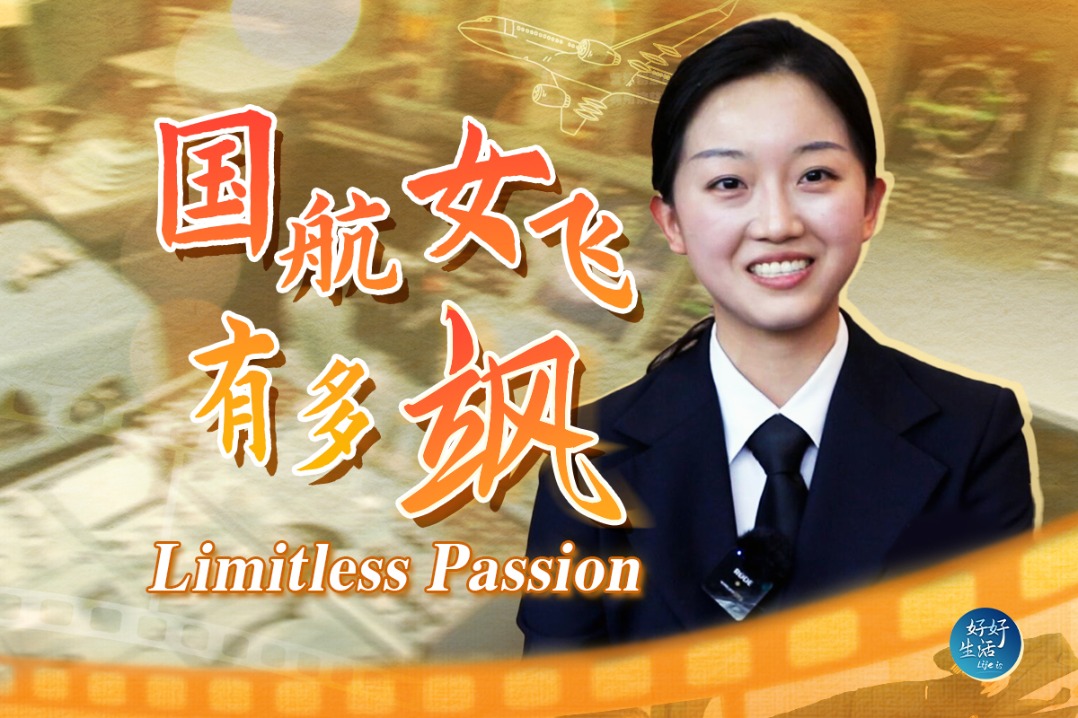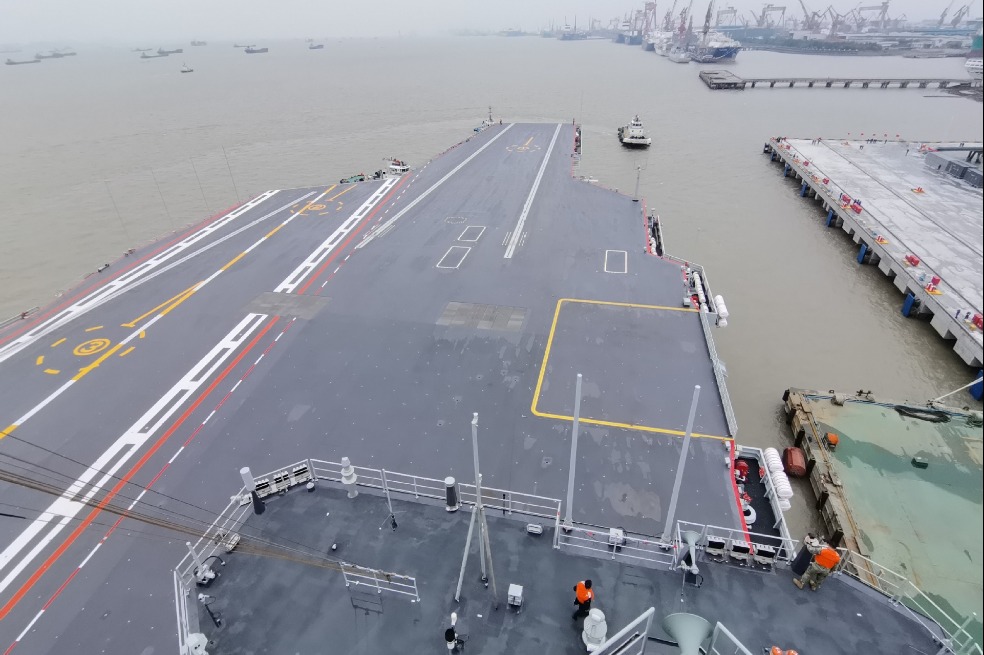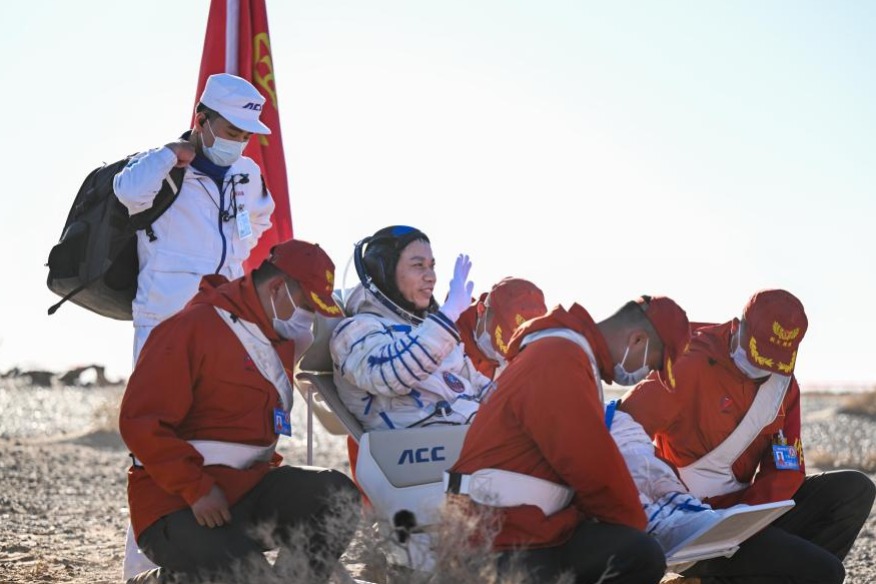A paradigm shift in global governance
By Kaushal Ghimire | China Daily | Updated: 2020-07-20 07:30

In 1955, when Zhou Enlai, then Chinese premier, reached Bandung, Indonesia, to take part in the Asian-African Conference, many were doubtful about a revolutionary from communist China presenting his ideas at a forum that was as diverse as the world itself, because it was the first major multilateral forum to be attended by a Chinese leader after the founding of New China.
Yet when Zhou advocated equality, justice, and the right of every country to choose its own political system, even a staunch anti-communist like then Nepalese monarch, King Mahendra, was impressed. Almost all the 29 heads of state taking part in the conference shared the feelings of the Nepalese monarch and Zhou became the man of the moment.
Although the Bandung Conference succeeded in forging agreements on enhancing South-South cooperation and partnerships, in the ensuing decades, it failed to deliver on those promises owing to the differences between the participating countries.
On the other hand, with the implementation of reform and opening-up in the late 1970s, China focused on resolving its own outstanding issues such as underdevelopment and backwardness. And after the end of the Cold War, Bandung-style forums started losing their importance in an increasingly unipolar world.
As China's national strength grew and its influence spread across the world, thanks to its rapid economic development, it started making its presence felt in the global arena. In particular, after President Xi Jinping assumed the country's leadership, China has invigorated global cooperation, especially South-South cooperation.
And with the COVID-19 pandemic wreaking havoc around the world, it has become clear that cooperation and partnerships among countries are crucial for not only economic growth and prosperity but also for global health.
One of the major features of the Xi Jinping Thought on Socialism with Chinese Characteristics for a New Era is the aspiration for a community with a shared future for mankind. Xi's thought is aimed at bolstering cooperation among countries, as the destiny of every nation is intertwined with the shared destiny of the whole world.
The novel coronavirus pandemic has also further showcased how interconnected and thus interdependent our world is, and how, if something goes wrong in one part of the world, it will create a crisis in the other parts too. In such an interconnected world, the only way forward is by forging cooperation and partnerships.
While the leaders of the Western liberal countries have become more conservative, Xi has been championing the cause of global governance and cooperation. But the globalization envisioned by Xi is different from the Western-led neoliberal globalization of the 1980s and 1990s.
Unlike "Reaganism" and "Thatcherism", Xi's idea of globalization is inclusive and makes sure its fruits are enjoyed by all countries, big and small, rich and poor.
In other words, Xi's concept of globalization is based on universal humanism and winwin outcomes for all countries. This universal humanistic philosophy of Xi has been demonstrated during the pandemic as China has dispatched medical supplies and professionals to developing countries with relatively weak healthcare systems at a time when Western countries have been focusing on protecting their own interests.
The Belt and Road Initiative is another example of China-led globalization under the guidance of Xi Jinping thought. It is aimed at promoting people-centric development and alleviating poverty in developing countries through infrastructure development and employment generation.
Another salient feature of the globalization espoused by Xi is the continuation of Zhou Enlai's diplomatic ideals of noninterference in the internal affairs of other countries and respect for the sovereignty and territorial integrity of all countries.
As Xi has been reiterating, China will never seek hegemony regardless of how developed and powerful it becomes. Instead, the main objective of Xi-espoused globalization is to help countries eradicate poverty and backwardness, just like China is set to do by the end of this year.
The novel coronavirus, the invisible enemy of humankind, has further strengthened the conviction that Xi's concept of sharing of technologies and development experiences among countries is pivotal to the survival of humankind in the new era.
The major problems facing the world such as climate change, air and sea pollution and extinction of species mandate that all countries adjust their political ideologies and beliefs and coordinate their policies to work together to resolve the problems. Fittingly, Xi's thought has been emphasizing the need to conserve the environment and promote green development.
At a time when Western countries are becoming self-centric and protectionist, Xi's thought aspires to build a better future for everyone.
It calls on all countries to strive to build a prosperous world through cooperation and partnerships. Developing countries such as Nepal can derive a lot of positives from Xi's thought and benefit from the different multilateral development projects it puts forward.
Xi's thought has brought about a paradigm shift in global governance and cooperation. Globalization, which had been an exclusive realm of a few rich countries to further their economic and political prowess, is now evolving into a more people-centric movement that mandates better living standards for all its stakeholders.
The author is news editor at Radio Nepal and writes on international affairs and Nepal's foreign relations. The views don't necessarily reflect those of China Daily.





